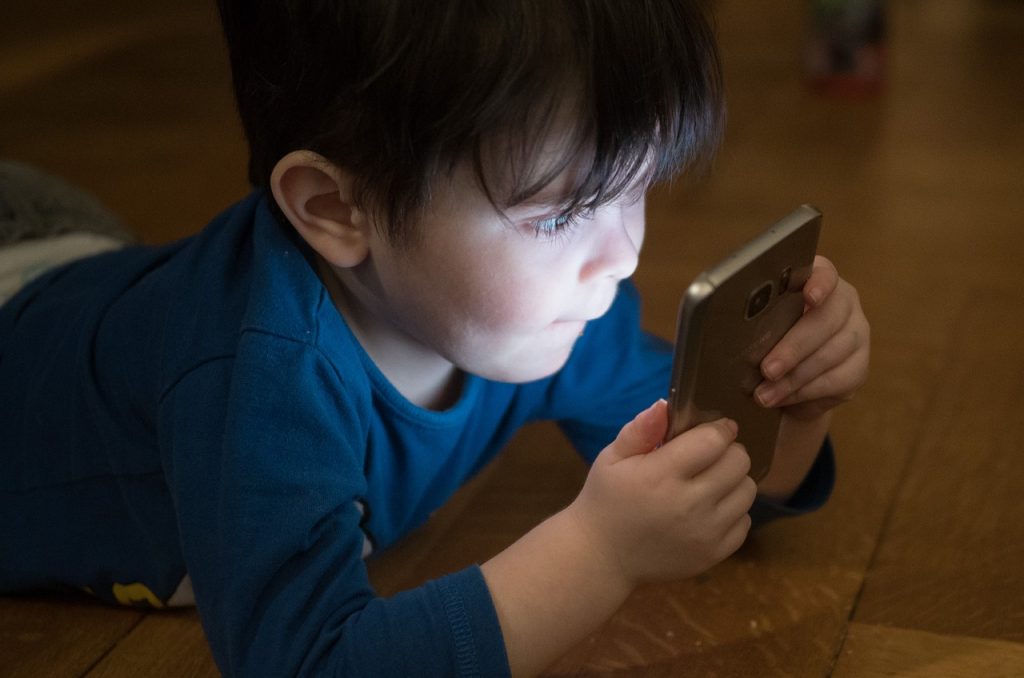
Below is an excerpt from an article published in the winter 2020 edition of BYU Magazine. It highlights research that shows HOW we use smart devices is more important than HOW MUCH we use them.
You’ve been there: gathered around a table with a group of friends or family, ostensibly for some face-to-face building of relationships. But within minutes, phones find their way into hands and eyes turn toward Instagram feeds, texts, and memes. Conversations and laughter dissipate, and what remains is the odd loneliness of being physically with people but mentally worlds apart.
For all their ability to make connections across the globe, smartphones have done a lot of isolating. And their harm goes further—phones have trained us to be masterful time wasters, chronically poor sleepers, and accident-prone drivers. That’s not to mention the ills of sexting, cyberbullying, and pornography or the rise in anxiety and depression.
It’s enough to make you want to take a sledgehammer to your phone.
But family-life professor Sarah M. Coyne, who has extensively studied the effects of new technologies on society, says the picture is more complicated than that. Her most-recent research came to the unexpected conclusion that the amount of time looking at social media on our devices—even if it is hours and hours—had no effect on levels of anxiety and depression. “When we really dug into the literature, it’s really not the time that you’re on it,” says Coyne. “It’s how you’re using it.”
All of us—adults and children alike—are new to this world of smartphones, trying to figure out how, when, and where they should be part of our lives. And the BYU experts stress that—if we can create healthy habits with smart devices—they should be part of our lives. “The vast majority of individuals can use media in . . . healthy and effective ways,” Coyne says, adding that, for everyone today, “learning how to effectively use a smartphone is an important skill.”
Continue reading the rest of this article in the winter 2020 edition of BYU Magazine.
